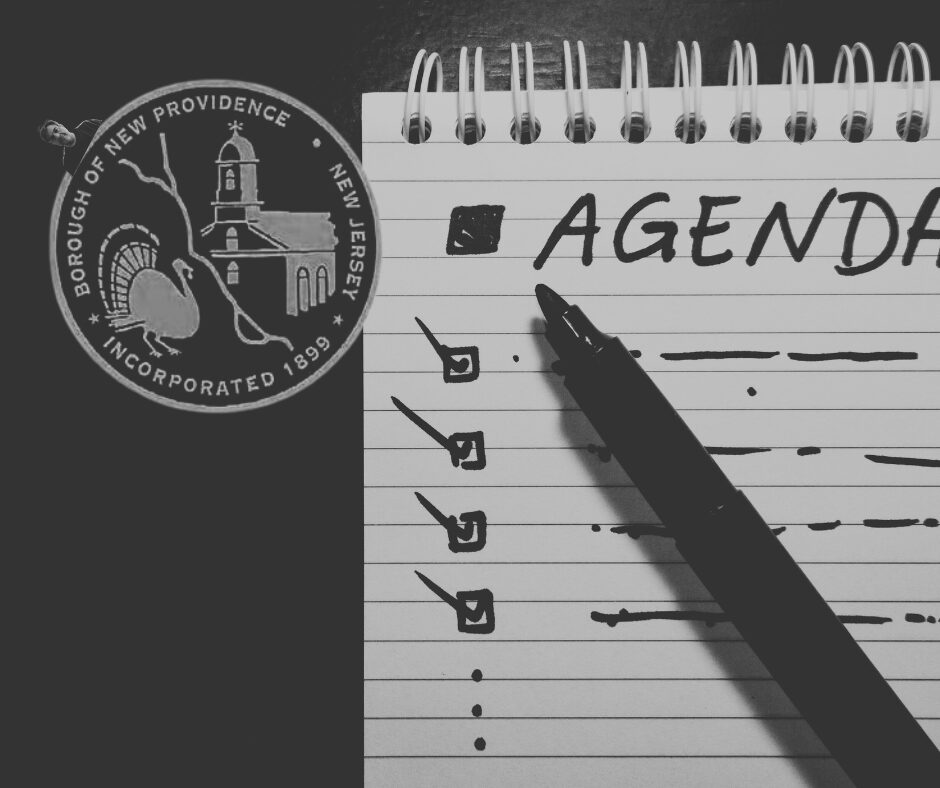Last night, I watched the BHPSNJ BOE meeting on the strategic plan, and before sharing my thoughts, I want to clearly state my bias upfront.
I’ve worked extensively on strategic plans, even leading the process several times in my career. This experience has taught me that, more often than not, strategic plans serve primarily as tools for high-level leadership to feel they’re accomplishing something meaningful without genuine accountability. These plans frequently create the illusion of valuing stakeholder input. Yet, in practice, they typically collect dust, are rarely revisited or referenced meaningfully once completed—especially when their broad, vague goals conveniently mask competing interests unrelated to stakeholders’ true concerns.
Strategic plans often heavily rely on buzzwords like “best practices.” However, except in specific fields like healthcare, this term seldom has empirical backing. In education—and certainly in Berkeley Heights—we’ve repeatedly seen “best practices” used to justify trendy yet questionable initiatives, such as “Building Thinking Classrooms”, “Flipped Classroom” and “Reading Recovery.” Too frequently, we accept appealing-sounding concepts and defer to “expert” authority without demanding solid, real-world evidence. Although courts, policymakers, and the public at large clearly support budget transparency and oversight as essential and legally required, our district appears to operate under the assumption that these standards and laws somehow don’t fully apply.
The NJSBA regularly reinforces this problematic mindset, advocating committee-based decision-making under the repeated guise of “efficiency”—a term heavily overused during last night’s meeting, presumably to deter BOE members and the public from deeper scrutiny. Another personal bias: I believe the NJSBA may be the last organization that should facilitate this process. Their frequent references to “board roles” often lack foundation in actual law or regulation—again, “best practices.” Their support for recent OPRA legislation, which weakens transparency, further underscores their disconnect from community priorities. Listening to their representatives, it often seems as if the BOE’s role is merely to rubber-stamp administrative demands because “they’re the experts.” Given the current state of American education, perhaps it’s time we question the outcomes these “experts” have delivered.
We continue to embrace pseudo-security measures and costly, evidence-deficient teaching methods cloaked in impressive terminology like “pedagogy.” Somehow, we celebrate a system where 30% of our students struggle to meet proficiency in math and 50% can’t reach proficiency in science as “high-performing”.
The recent budget survey clearly identified academics as the community’s top priority, yet budget meetings devolved into discussions about turf fields, resistance to public transparency, and silence on spiraling security costs draining classroom resources. The proposed tutoring solution—a free program covering only a limited range of grades (none at the high school level)—is inadequate. Are escalating security expenses, turf debates, poorly constructed referendum surveys (whose results can easily be manipulated), rising per-pupil spending despite declining enrollment, and boutique administrative roles truly “best practice” responses to inadequate student proficiency?
As for the degree to which we can expect this process to value community feedback, again I have to point out the District’s made-up rules on the budget and the cognitive dissonance of a body that went on about “we need to make sure these are scheduled during times families can attend” that also scheduled the budget meeting and last night’s strategic planning meeting during student concerts. The reality is that “community feedback” often means a few cherry picked individuals from organizations that are friendly to almost any idea the District’s Administration has.
Given these realities, is it that unreasonable to question the very purpose of this strategic planning exercise. If the district and (maybe?) half the BOE remain indifferent or dismissive of the immediate challenges facing us today, can anyone genuinely believe that a vague, multi-year plan without clear metrics will produce meaningful outcomes?
Three BOE members did not attend last night’s meeting. Perhaps they recognize the absurdity of this process within our current context. Conveniently, the role of the strategic planning committee—chaired by one of the district’s toughest critics—was minimized as having little to no influence in the process. Let me repeat – the BOE Strategic planning committee was already relegated outside of this process. This already feels political and predetermined.
The new superintendent began their tenure with high hopes, but those hopes seem to be fading. Let’s see if this strategic planning process acts as a reset or if it ends up being just another hollow exercise. Maybe this is the catalyst to finally see the change that was promised?
I’ll hope for the best but I won’t hold my breathe.
Read All Articles on BOE Agendas and Meetings
Subscribe to NJ21st For Free
Our Commitment to Ethical Journalism
|



